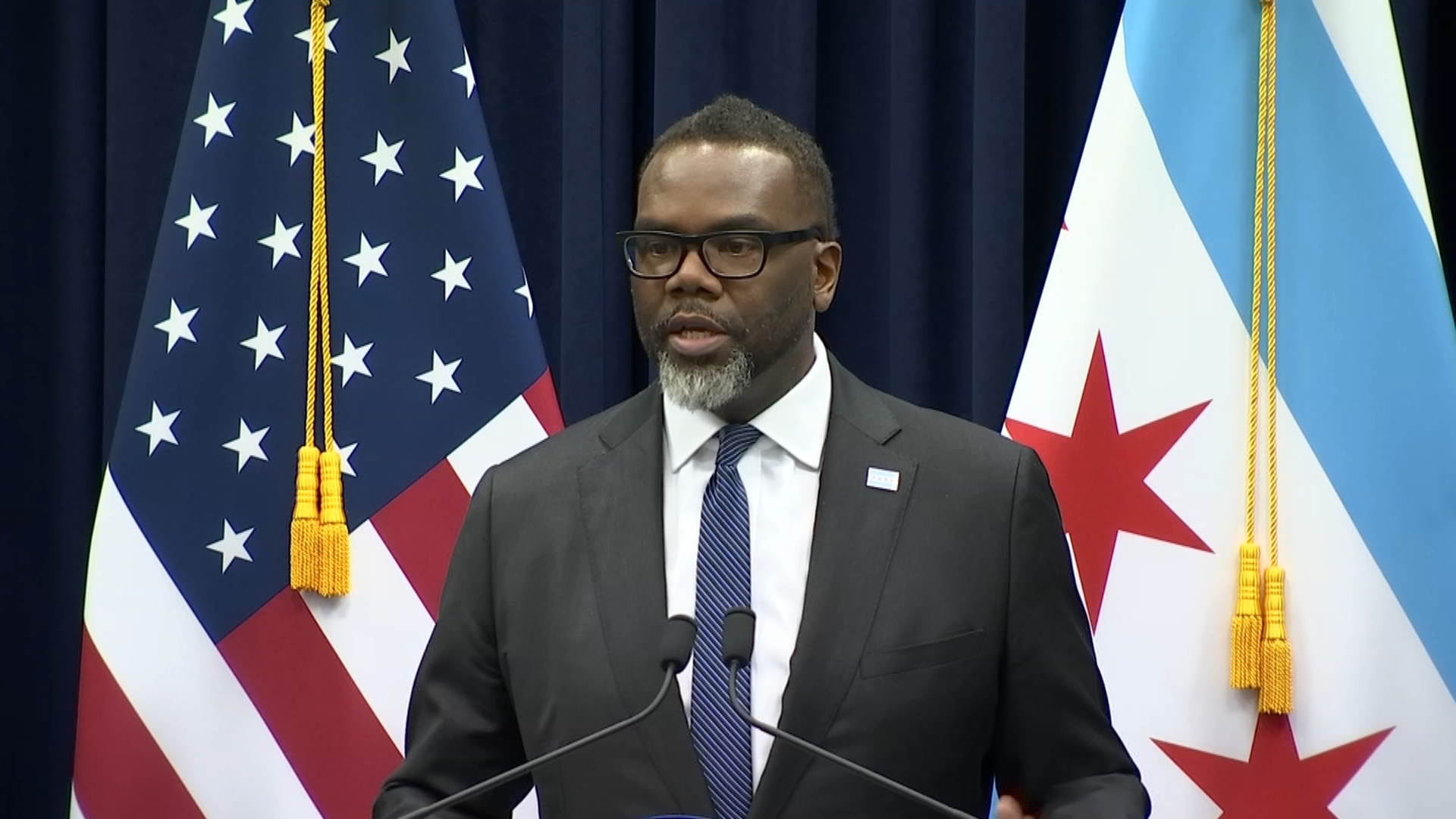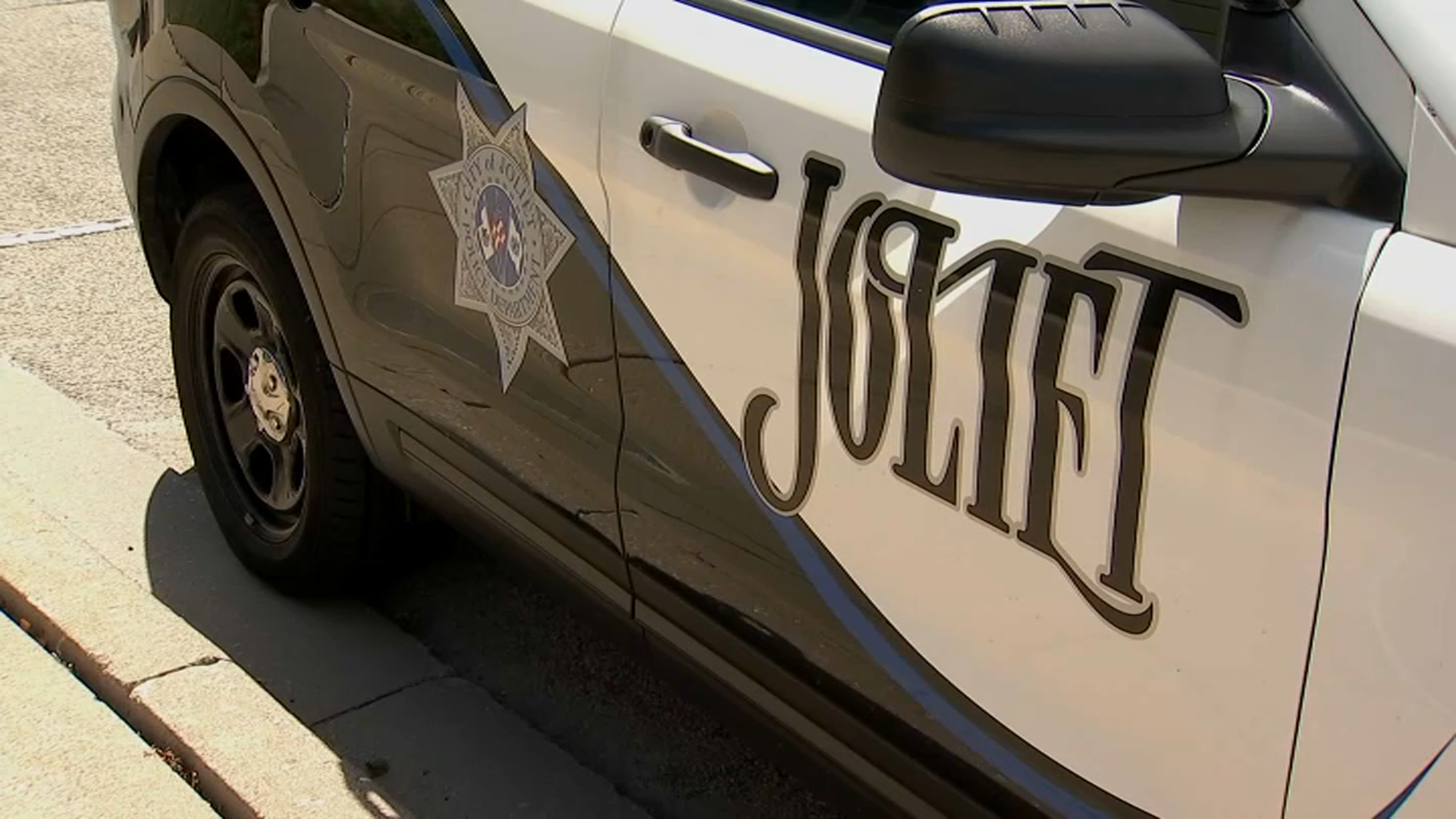Health officials in Chicago are continuing to sound alarm bells amid a “quantum leap” in new coronavirus cases in the city, saying that a failure to curtail those gains could cause some restrictions to be re-imposed after they were loosened earlier this year.
Speaking at a press availability on Wednesday, Chicago Mayor Lori Lightfoot says that the daily number of new cases in the city has more than doubled in recent weeks, saying that any further loosening of coronavirus restrictions will have to be paused as a result.
“We’re concerned, (because) we have over 400, almost 500 new cases on average as of today. That is a quantum leap from where we were even three weeks ago,” Lightfoot said. “That is concerning, and that is obviously dictating that we have to proceed with caution. We’re not going to see anything more significant on the reopening front until we see those numbers stabilize and start to come down.”
According to data from the Illinois Department of Public Health, the city of Chicago has seen its seven-day positivity rate rise from 3.2% on March 19 to 4.5% as of March 28, a rapid increase that is alarming some public health experts.
Feeling out of the loop? We'll catch you up on the Chicago news you need to know. Sign up for the weekly Chicago Catch-Up newsletter here.
Hospital bed availability has remained largely steady throughout that time, currently at 23% as of Tuesday, but hospitalizations overall are on the rise, increasing eight of the last 10 days, according to IDPH data.
Lightfoot says the trend is largely “being driven by adults ages 18 to 39” in the city, and cited four different neighborhoods as largely driving the surge, including Lincoln Park, Old Town, Dunning and Portage Park.
Local
Even with availability of the coronavirus vaccine becoming more widespread, Lightfoot and Dr. Allison Arwady, commissioner of the Chicago Department of Public Health, are urging residents, especially younger ones, to continue to adhere to social distancing protocols and to wear their masks in public, saying that the end of the pandemic could be in sight if residents continue to stay vigilant.
"The actions that you take now will impact what we can all do in the future,” Lightfoot said. “We don't want to be forced to take any steps back, or worse, close those things down because we haven't done what is necessary now to remain diligent. COVID-19 is still here, it is still killing people in our city every single day. So we have got to remain diligent."
Arwady says that the rise is not being seen among older individuals, most of whom are eligible for, or who have already gotten, the coronavirus vaccine.
"It is a sign that the vaccine efforts are working, but it is also a reminder for me, and hopefully for everybody, that there are people in the younger age groups I think who perhaps are being less cautious," Arwady said. "And whether that's because they're feeling confident that the older people they interact with are already hopefully fully vaccinated, or whether there's just a sense that COVID is over... so it doesn't surprise me to see that the cases are going up in the ages that are less eligible for the vaccine, but the patterns that we're seeing, to be very clear, are the same patterns, we were seeing in October as we were watching with some concern."
At the state level, officials are putting a pause on the move to a so-called “Bridge Phase” between Phases 4 and 5 of the state’s reopening program. While 70% of residents age 65 and older have received at least one dose of the COVID vaccine, hitting that key metric, other metrics are currently being missed, causing officials to press pause on the plan.
"The number of people being admitted to the hospital in Illinois due to COVID-19 continues to increase," IDPH said in a release Wednesday. "As long as new hospital admissions continue to increase, the state will not advance. The number of cases of COVID-19 has seen an increasing trend as well. Health officials continue to urge all residents to continue to mask up, socially distance, and avoid crowds to reduce transmission and bring the metrics back in line to transition to the Bridge Phase."
As of Tuesday night, 1,413 patients were hospitalized due to COVID in Illinois, up from 1,261 seven days ago. Of those, 294 are currently in ICU beds, and 123 are on ventilators, state officials said.
The state’s positivity rate has also risen from 2.8% to 3.3% in the span of a week.
In order to move to the “Bridge Phase,” hospitals must have an ICU bed availability of greater than 20%, and hospitalizations must either hold steady or decline over a 28-day monitoring period.



